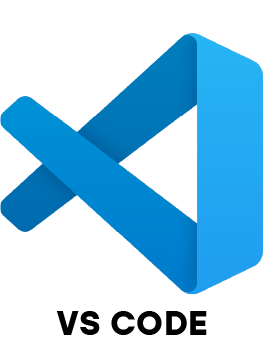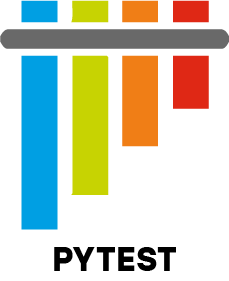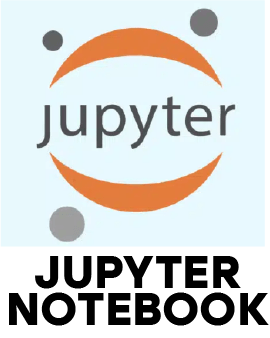1. How would you describe Python?
Ans:
Python is a versatile and user-friendly programming language widely used for web development, application creation, automation, and data analysis. Its clean syntax and readability make it suitable for both beginners and experienced developers. Python’s wide range of libraries enhances productivity and simplifies coding tasks.
2. What makes Python stand out from other programming languages?
Ans:
Python is distinguished by its simplicity, platform independence and ease of learning. Object-oriented and functional programming are two of the programming paradigms it supports. Its extensive libraries and tools accelerate development, making Python an efficient and flexible choice for diverse projects.
3. How does dynamic typing differ from static typing?
Ans:
Dynamic typing allows variables to be used without explicitly declaring their data type, as Python automatically determines it during execution. In contrast, static typing, used in languages like Java and C++, requires the type to be defined beforehand. This flexibility makes Python faster for prototyping and development.
4. What are the main data types available in Python?
Ans:
Python provides several core data types to store and manipulate information. These include numbers for calculations, strings for text, lists for collections, sets for unique elements and Booleans to represent true or false values. Understanding these types is essential for effective programming.
5. How is a list created in Python?
Ans:
A list in Python is a flexible collection that can hold multiple items in single variable. Items can be added, removed, or modified as needed, making lists highly versatile. They are commonly used to manage groups of data such as names, numbers, or any other ordered collection.
6. What is a tuple in Python?
Ans:
A tuple is collection of multiple items stored in a single variable, similar to a list. Unlike lists, tuples are immutable, meaning their contents cannot be changed once created. This makes tuples suitable for storing data that should remain constant throughout the program.
7. How does a list differ from a tuple?
Ans:
The main difference is lists are mutable and can be modified after creation, whereas tuples are immutable and cannot be changed. Lists are ideal when data needs to be updated, while tuples are better for fixed sets of information that should remain unchanged.
8. How is a dictionary created in Python?
Ans:
A dictionary in Python stores data as key-value pairs, where each key maps to a specific value. It functions like a mini-database, allowing quick access to information using keys. Dictionaries are very useful for organizing, retrieving, and managing data efficiently.
9. What types of function inputs does Python support?
Ans:
Python functions can accept inputs in multiple ways, including direct arguments, default values or named parameters. This flexibility allows functions to handle a variety of scenarios and makes code more adaptable. It simplifies the process of passing data to different functions.
10. What does object-oriented programming (OOP) mean in Python?
Ans:
Object-oriented programming in Python involves structuring code around objects that encapsulate data and behavior. This method promotes modularity, code reusability, and easier maintenance. OOP is especially useful for building complex applications with organized and scalable code.


























